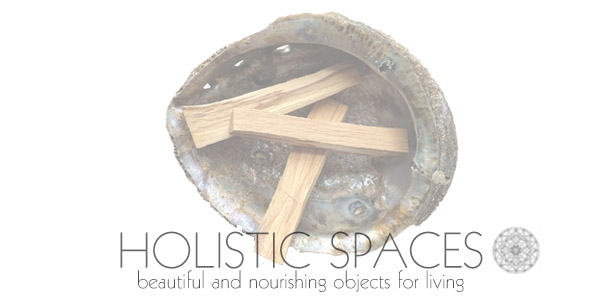Why NOT switch to CFL Bulbs?
In preparation for this article, I took a survey amongst my friends. I wasn’t sure how relevant the topic was since I personally made the switch to energy efficient lighting years ago. So, I took a survey and I asked, “Do you think most households have switched to using CFL bulbs?”
I found out that the topic of CFL bulbs was very controversial! Here are some of the responses I’ve received:
- Yes, they believe most people have switched to CFL bulbs. And this is possibly because “most people don’t realize they have switched to CFLS”. Interesting because the newer CFL bulbs look a lot like incandescents and also people just really don’t pay attention to what they’re buying.
- Yes, “can you even buy incandescent anymore?” (Note: yes you can, but they will soon be banned and obsolete)
- Another said, “Maybe half of the households in the US, considering that incandescent bulbs are still a fraction of the cost of CFLS”. True true.
- One response was “I certainly hope not. They're horrible.” In fact this friend then insisted he wanted to write his own competing speech in the “battle of the bulbs”.
I wholeheartedly believe in switching to energy efficient lighting because not only do incandescent bulbs waste money, they also deplete our precious natural resources. So here I am, standing on my little soapbox to convince my readers to participate in one small step to green our planet and individual lives.
So why switch to CFL bulbs? CFLs are the easiest and least expensive way to upgrade to efficient lighting in your home.
First I’ll explain the basic differences between CFL and standard incandescent bulbs. Standard incandescent bulbs produce light when an electric current passes through a filament and causes it to glow. This creates heat and light. But it’s pretty inefficient because you lose a lot of energy to the heat.
CFL stands for compact fluorescent light. They are those squiggly bulbs. In comparison to incandescent bulbs, an electric current is driven through the squiggly tube which contains argon and a small amount of mercury to emit a visible light. By the way, argon is an inert, non-toxic gas and of course we know mercury is a heavy metal. The mercury is safe as long as the tube does not break and is recycled of properly. Home Depot and Ikea both have free CFL recycling programs.
More importantly, a CFL bulb uses about 75% less energy than an incandescent bulb. For instance a 13 watt CFL bulb gives of the same amount of light as a 60 watt incandescent. So you save a lot of energy.
Next, what about upfront cost? A CFL light is just a couple of dollars more and they’re very easy to find at your local hardware store.
And what about cost over time? A good CFL will last approximately 10,000 hours, whereas an incandescent lasts only 1,000 hours. So you save lot of money (and energy) there too.
Finally, Some people are concerned about the look of the bulb as well as the quality of light. CFLs have a bad rap because they used to give off a very blue, what I like to describe as alien-UFO light. The technology has improved so much that you can get warmer color temperatures that are flattering and comforting to have in your home. Make sure to get the warm or soft white bulbs (2700K or 3000k). They also have bulbs with globes around them so that they look like incandescent bulbs and you don’t see the squiggly tube.
Just screw in the bulbs into your regular fixture and you’re all done!
In conclusion, the next time one of your incandescent bulbs blows out, you should replace it with an energy efficient CFL bulb. Contrary to what most people believe, CFL bulbs are inexpensive, will save you more money over the long run, and can offer a pleasing and warm atmosphere in your home.
And! I’d love to hear from any readers with strong feelings about using CFL bulbs?





